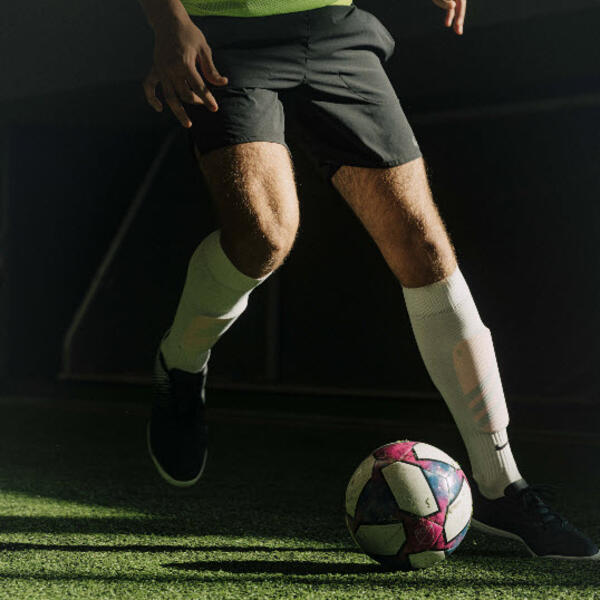Releases
WADA Director General addresses the 9th Session of the Conference of Parties to the UNESCO International Convention against Doping in Sport

The Director General of the World Anti-Doping Agency (WADA), Olivier Niggli, was in Paris yesterday to address the 9th Session of the Conference of Parties (COP9) to the UNESCO International Convention against Doping in Sport (Convention) which was held from 25-26 October 2023. Mr. Niggli updated the COP9 on WADA’s latest activities and outlined some of the Agency’s key strategic priorities as it continues to lead a collaborative worldwide movement for doping-free sport.
During his presentation, Mr. Niggli outlined the Agency’s position regarding a draft UNESCO resolution that seeks to revise the regional split of Governments’ funding of the Agency. He pointed out that the requirements to entertain a discussion amongst Public Authorities on the Governments’ funding regional split were not met through the current UNESCO process.
He said: “WADA recognizes the authority of Governments to decide how they want to split their contributions to the Agency. However, we cannot support the adoption of UNESCO’s draft resolution in its current form. First and foremost, the Convention against Doping in Sport does not give UNESCO the authority to determine WADA’s funding model. Moreover, after consultation within each region, we have concluded that Governments have not been given enough time or information to make an informed decision on this issue. Further discussion should take place leading up to and in the context of the 2025 World Conference in Busan, Korea, where we can reach a proper consensus on this important topic.”
Mr. Niggli went on to highlight the importance of collaboration and harmonization of the anti-doping program. He said: “Athletes worldwide expect a harmonized approach to clean sport. With that in mind, it is important that National Anti-Doping Organizations and International Federations operate within the same regulatory or legal framework regardless of the sport or country in question. There is no requirement to implement the World Anti-Doping Code through legislation but if that is the route Governments choose to take, then laws must be aligned with the Code and International Standards. This helps to prevent the possibility of unfair or unequal treatment of athletes, or the creation of loopholes for would-be cheats to exploit.
“Success in harmonization can only be achieved through effective collaboration. This is our collective responsibility towards athletes, and we all have a role to play in raising the game for athletes around the world.”
Mr Niggli's presentation initiated a productive exchange between himself and the Public Authorities’ representation, reinforcing the ongoing dialogue between WADA and its stakeholders.
Mr. Niggli also outlined how WADA has strengthened the anti-doping system over the past few years, specifically through governance reforms and the significant strides made in various areas of anti-doping, including education, intelligence and investigations, testing, scientific research, capacity building, and the Agency’s core business of overseeing the evolution of the Code and monitoring the compliance of all Signatories.

